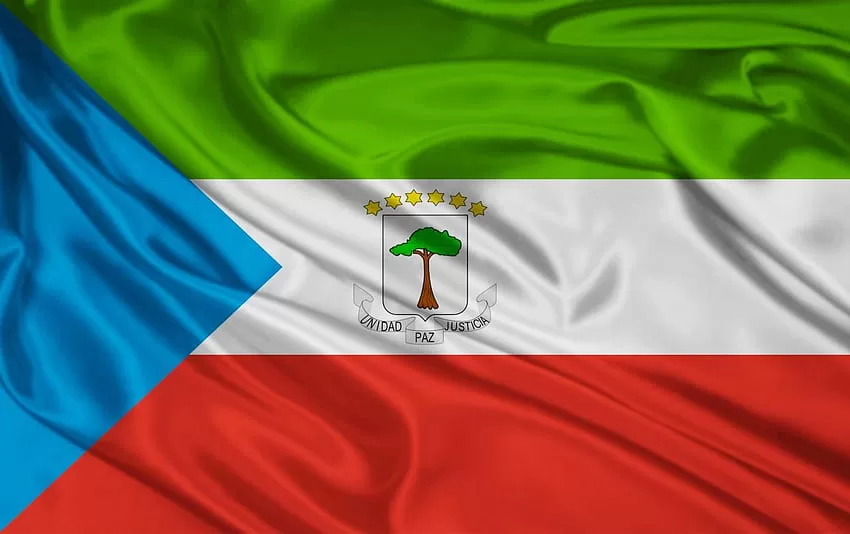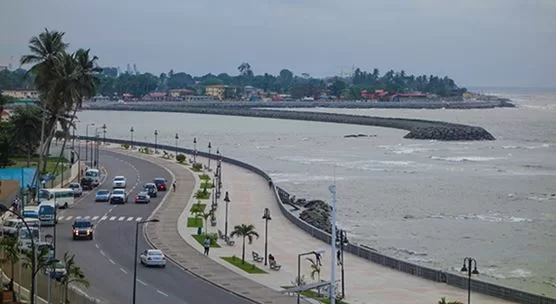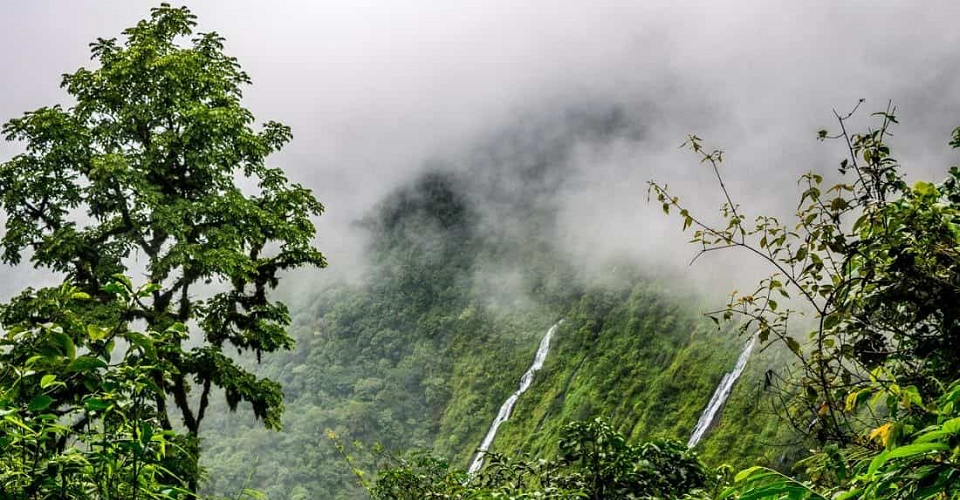Equatorial Guinea Country Report

Equatorial Guinea is a country located in Central Africa. It is known for its rich oil reserves and diverse cultural heritage. The official languages of Equatorial Guinea are Spanish, French, and Portuguese, reflecting its colonial history. The country has made significant economic progress due to its oil industry, but it also faces challenges such as income inequality and limited access to basic services for some of its population. Efforts are being made to promote sustainable development and improve the standard of living for all citizens. Equatorial Guinea has a unique blend of cultures, with influences from Bantu-speaking ethnic groups as well as Spanish and French colonial legacies. This cultural diversity is celebrated through various traditions, music, and arts.
Last updated: April 8, 2022
Security
In Equatorial Guinea, like in any country, it’s important to be aware of potential security risks. While the overall security situation in Equatorial Guinea is relatively stable, there are a few things to keep in mind. Petty crime, such as pickpocketing and theft, can occur in crowded areas or tourist spots. It’s always a good idea to take precautions, like keeping an eye on your belongings and avoiding displaying valuable items openly. In terms of health risks, it’s recommended to consult a healthcare professional or travel clinic before visiting Equatorial Guinea. They can provide specific information about required vaccinations and any prevalent diseases in the area.
It’s also important to stay informed about current events and follow any travel advisories issued by your government. These advisories may provide additional information about potential risks or safety concerns in Equatorial Guinea. Remember, staying vigilant, taking necessary precautions, and being aware of your surroundings can help ensure a safe and enjoyable experience while visiting Equatorial Guinea.
Last updated: April 22, 2022
Infrastructure

The infrastructure in Equatorial Guinea has seen significant development in recent years. The country has made efforts to improve its transportation networks, including roads and airports, to facilitate travel within and outside the country. In terms of electricity, Equatorial Guinea has made progress in expanding its power generation capacity and improving access to electricity. However, there may still be some areas with limited access to reliable electricity. Regarding telecommunications, Equatorial Guinea has made advancements in expanding mobile and internet connectivity. Mobile networks are widely available, and internet access is becoming more accessible, although the quality and coverage may vary in certain regions.
Security measures at Malabo International Airport are generally considered inadequate.
Although the country’s road network has improved in recent years with continuous investment, only the main highways are paved and driving standards remain unstable.
Equatorial Guinea has a relatively high electrification rate and most urban centers are connected to the electricity grid. However, the country’s communications infrastructure is largely underdeveloped, Internet penetration is relatively low, and the use of satellite services is common.
Although the country is not known for its support of cyber attacks, the government reports that it is periodically the target of cyber attacks.
Last updated: April 3, 2023
Environment

Equatorial Guinea is home to diverse ecosystems, including tropical rainforests, mangroves, and coastal areas. These ecosystems support a rich biodiversity with a variety of plant and animal species. However, like many countries, Equatorial Guinea faces environmental challenges. Deforestation, primarily due to logging and agricultural activities, poses a threat to the country’s forests and wildlife habitats. Soil erosion and water pollution are also concerns. To address these challenges, Equatorial Guinea has implemented conservation efforts and initiatives. Protected areas have been established to preserve the country’s natural heritage, such as Monte Alén National Park and Pico Basile Natural Park. These areas aim to safeguard wildlife and promote sustainable land use practices. Additionally, the government of Equatorial Guinea has been working on sustainable development strategies to balance economic growth with environmental conservation.
Last updated: March 11, 2022
Health and Medical
In Equatorial Guinea, the healthcare system is still developing, and access to quality healthcare can vary, especially in rural areas. The country faces challenges in terms of healthcare infrastructure, availability of medical supplies, and healthcare personnel. In terms of diseases, Equatorial Guinea, like many countries, faces various health challenges. Malaria is a prevalent disease in the country, especially in rural areas. Other common diseases include respiratory infections, diarrheal diseases, and HIV/AIDS. To combat these diseases, Equatorial Guinea has implemented public health programs and initiatives. These efforts focus on disease prevention, increasing access to healthcare services, and improving healthcare infrastructure.
Last updated: March 30, 2022
Political
The political condition in Equatorial Guinea is characterized by a centralized government with limited political freedoms and a history of human rights concerns. The country has been ruled by President Teodoro Obiang Nguema Mbasogo since 1979, making him one of the longest-serving leaders in the world. Equatorial Guinea has faced criticism for issues such as corruption, lack of transparency, and restrictions on freedom of expression and assembly. The political opposition has often faced challenges and limited opportunities for participation. However, it’s important to note that political conditions can evolve over time, and there have been some efforts to promote political dialogue and engagement in recent years. The government has expressed its commitment to democratic reforms and has taken steps towards greater inclusion and participation.
Last updated: March 25, 2022















